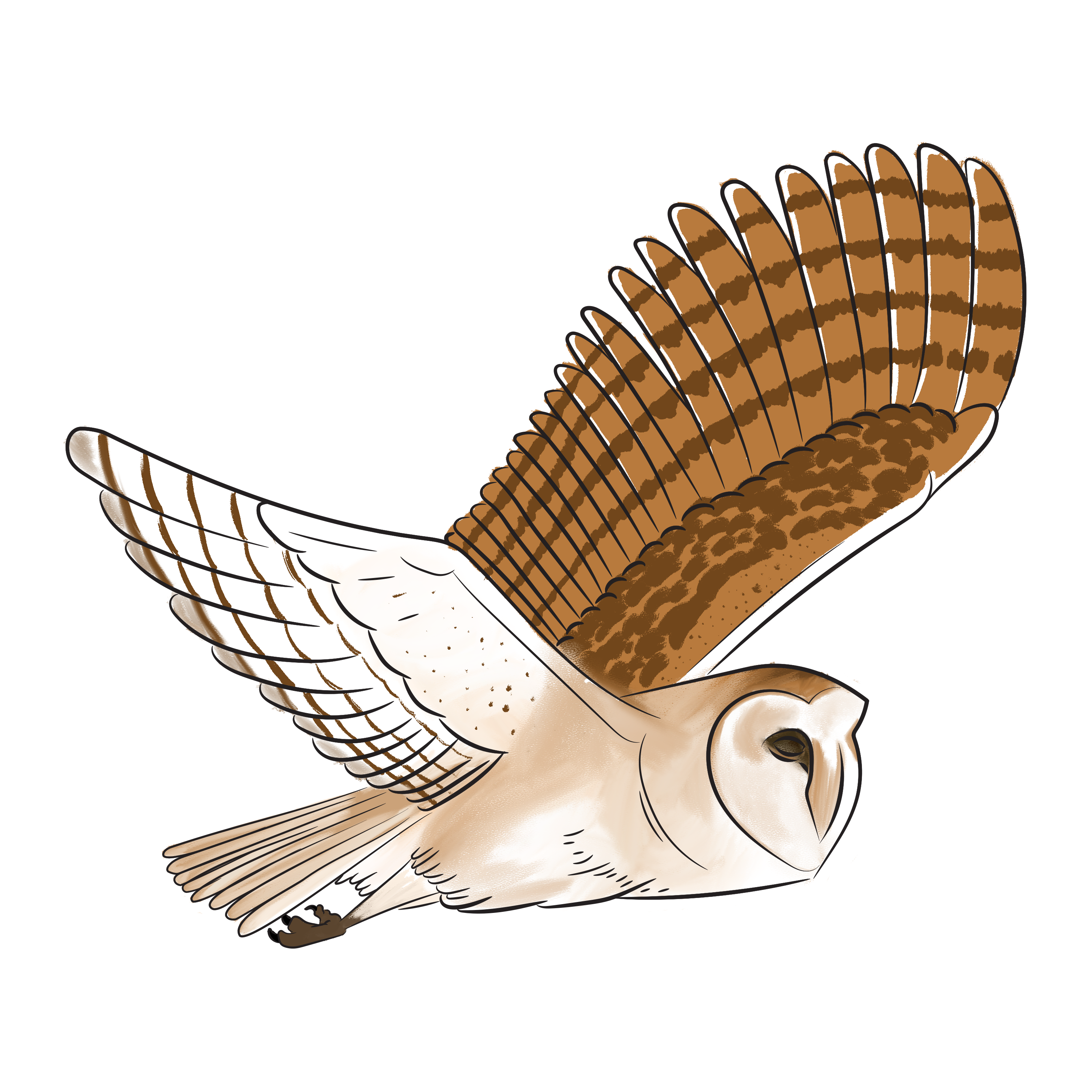
Automation with human intelligence: Jidoka in documentation
By Catherine Heath on Writing docs from February 28, 2020

This article is about the idea of jidoka, and how it can help us with our documentation.
Firstly, Toyota, the originator of jidoka in the Toyota Production System, defines it as:
“Combining automated processes with human intelligence and problem-solving is necessary in industrial-scale manufacturing.”
Human jidoka in manufacturing means operators watch over the system, and they are equipped to shut down the production flow whenever they observe anything suspicious. Mechanical jidoka is preferred by Toyota, which means designing the system itself to stop automatically and alert an operator whenever it detects a problem.
Mechanical jidoka frees up operators from the more tedious task of continuously controlling machines and allows them to focus on tasks that require more skill and judgment.
Jidoka and documentation
Jidoka means catching errors in the production system at the first chance you get, in order to stop them snowballing into larger problems and defects. This can be the function of good documentation and humans who create it.
We usually write documentation to help our users. And a large part of documentation is about preventing unnecessary errors.
We wrote a similar article on poka yoke, another pillar of the Toyota Production System that helps prevent errors. Poka yoke is about designing a process to prevent humans from making mistakes, while jidoka relies on combining automation with human intelligence.
KnowledgeOwl contains several features that you can incorporate into your service’s system as a whole to automatically correct users who are on a collision course.
1. Embed contextual help
In KnowledgeOwl, the system uses a widget called Contextual Help Widget (2.0). This widget removes the extra step of users visiting yet another website to access your documentation. Related content is shown at the point where your users are likely to need it most.
The widget allows you to embed contextual help in your software application, website, or company intranet. This means that users are shown help articles based on context, and you are building documentation right into the system.
You manually specify the articles to recommend at a page level in the editor. The widget shows up in your application on chosen pages recommending contextually-relevant content.
2. Use related articles
In KnowledgeOwl, you can also use the related articles feature to suggest relevant content for individual pages. If you enable related articles, the system will display up to five related articles based off of the page title of your current page. You can also manually specify which articles the system should suggest directly within the editor at a page level.
This means that when a user visits an article in your knowledge base, a list of related articles will be suggested at the bottom of the page. You can turn off this feature, or you can specify the system shows only those manually-specified related articles on the page.
This feature prevents the user from abandoning your knowledge base if they fail to find the right answer on their first try, and also preemptively helps solve related problems.
Final remarks
The idea of jidoka is to enable mistakes in the production system to be immediately addressed, before they have a chance to compound into bigger problems.
The best kind of self-service combines automation with human intelligence. Rather than being about preventing customers from contacting a human, the system is designed with error-prevention in mind. We automate as much as we can while intervening with customers when needed.
It should be said that our customers always have the option to contact a real human, since human-to-human interactions are the bedrock of unforgettable customer service moments. We embed the widget on every page of our knowledge base, which contains the whole knowledge base, recommended articles, and a contact form.
Agile documentation teams need the right tools for their work. Take our knowledge base software KnowledgeOwl for a free spin.


Writing docs
(253)

General posts useful to all documentarians about writing documentation, editing and publishing workflows, and more.


Feature spotlight
(15)

Your flight plan for how to get the most out of KnowledgeOwl features and integrate them into your workflows.


Announcements
(21)

Major KnowledgeOwl company announcements.


Customer stories
(9)

Learn how others are using KnowledgeOwl & get pro tips on how to make the most of KO!


Company culture
(40)

Find out more about who we are and what we value.


Support
(75)

We believe good support is the foundation of good business. Learn about support tools and methodology.


Tools
(64)

Learn more about tools to solve various documentarian issues, within and beyond KnowledgeOwl.


All
(384)

Not sure what category you need? Browse all the posts on our blog.

Got an idea for a post you'd like to read...or write?
We're always looking for guest bloggers.
Learn moreStart building your knowledge base today
- 30 days free (and easy to extend!)
- No credit card required
- Affordable, transparent pricing
- No cost for readers, only authors
Want to see it in action?
Watch a 5-minute video and schedule time to speak with one of our owls.


